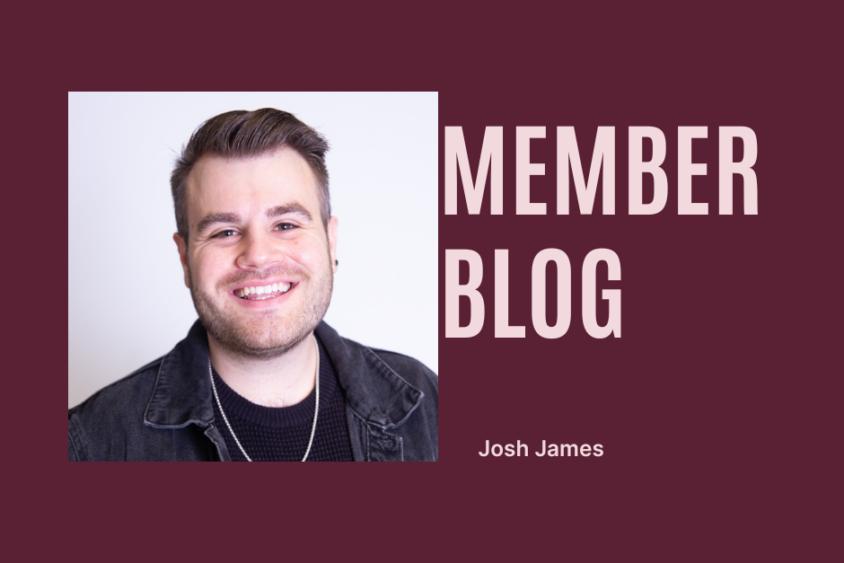The theme for this year’s Trustees’ Week is “Many voices. Working together. With purpose.” I strongly believe that diversity is important, so as a magistrate and as a trustee, I strive to be a champion for it, not just in words—but in actions.
After years of being told how great it was to have someone young join our bench, it was the need to encourage more people to apply to be magistrates that helped me to realise that by being a young magistrate, I had something unique to offer the trustee board.
As I look back at my first year as an MA trustee, I am pleased to say that I believe we are a stronger organisation because of the decisions the trustees have taken. In part, I believe this is down to the diversity of our board.
Many similar organisations and charities have a problem with a lack of diversity in their staff and on their trustee boards, but the MA’s board and our staff come from diverse backgrounds. This is no happy accident. I have no doubt that it reflects the MA’s recognition that diverse groups make better decisions, because our organisation is stronger for its diversity.
There is plenty of research showing that diversity needs to be more than an empty slogan and that nonhomogeneous teams are demonstrably more effective. When teams have a broad range of lived experiences behind them, the solutions they develop are consistently smarter.
In a study published in the US Journal of Personality and Social Psychology, 200 people were split into six person juries to deliberate on mock trials. Some juries were diverse, and some were all-white groups. The study found that the diverse juries made fewer errors when examining the evidence and discussed more relevant case facts compared to the homogenous juries.
Other studies—looking at tasks from pricing financial stocks correctly to solving crimes—similarly reveal that diverse teams outperform homogenous ones in decision-making because they process information much more carefully.
Given the importance of the decisions we make in court, it makes sense, then, that our benches must be diverse too. One thing I have been keen on in my role as a trustee is keeping our efforts to recruit more young magistrates high on the agenda.
I always strive to judge every case independently, open-mindedly and without favour. But there are some cases that highlight the need for diversity at every level—for example, I will admit to feeling the slightest twinge of discomfort, when, as a panel of three men we hear the case of a woman who has been a victim of male abuse.
But our approach to diversity cannot be tokenistic. When we identify a lack of diversity, we have to take it upon ourselves to make space for new voices. And when we do have diverse voices on our benches and on our boards, we must make sure we actively listen and promote them.
Sometimes this can be by way of encouraging others to contribute, or to step up – just as our deputy chair David Ford did for me when I first enquired about whether I should stand to be a trustee.
I am proud that, on the most part, my perspectives as a young magistrate have been welcomed, both on the bench and on the board of trustees. However, there are still times when I feel patronised or am made to feel that I don’t have as much experience as a magistrate because of my age.
I know from young colleagues across the country that I am not the only one. But I also know that we have so much to offer. That is why, when it’s time for me to stand down from the board, I hope there will be other young magistrates ready to take my place.
This trustee week, I am challenging us all (myself included) to be a bit bolder when it comes to championing diversity. To speak up and to give space and time for others to speak. To encourage our friends to apply to become magistrates—and trustees—even if they don’t see themselves currently represented. But also, to be confident, that, as magistrates, when it comes to “Many voices. Working together. With purpose”, we already do it quite well.
In light of the many changes the MA has seen this last 12 months, I hope that over the next year we will see the MA lead the charge to encourage even more young people to apply to become magistrates and build on our position as the most diverse section of the judiciary.


